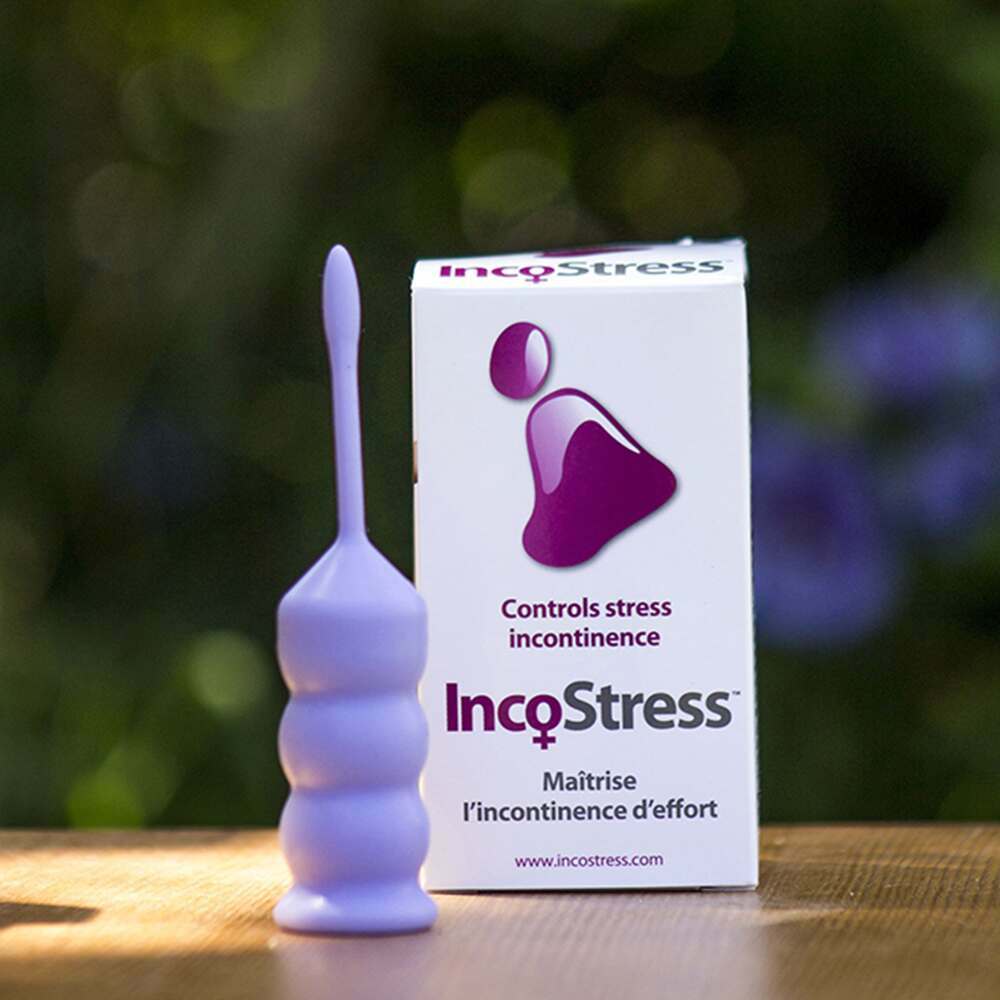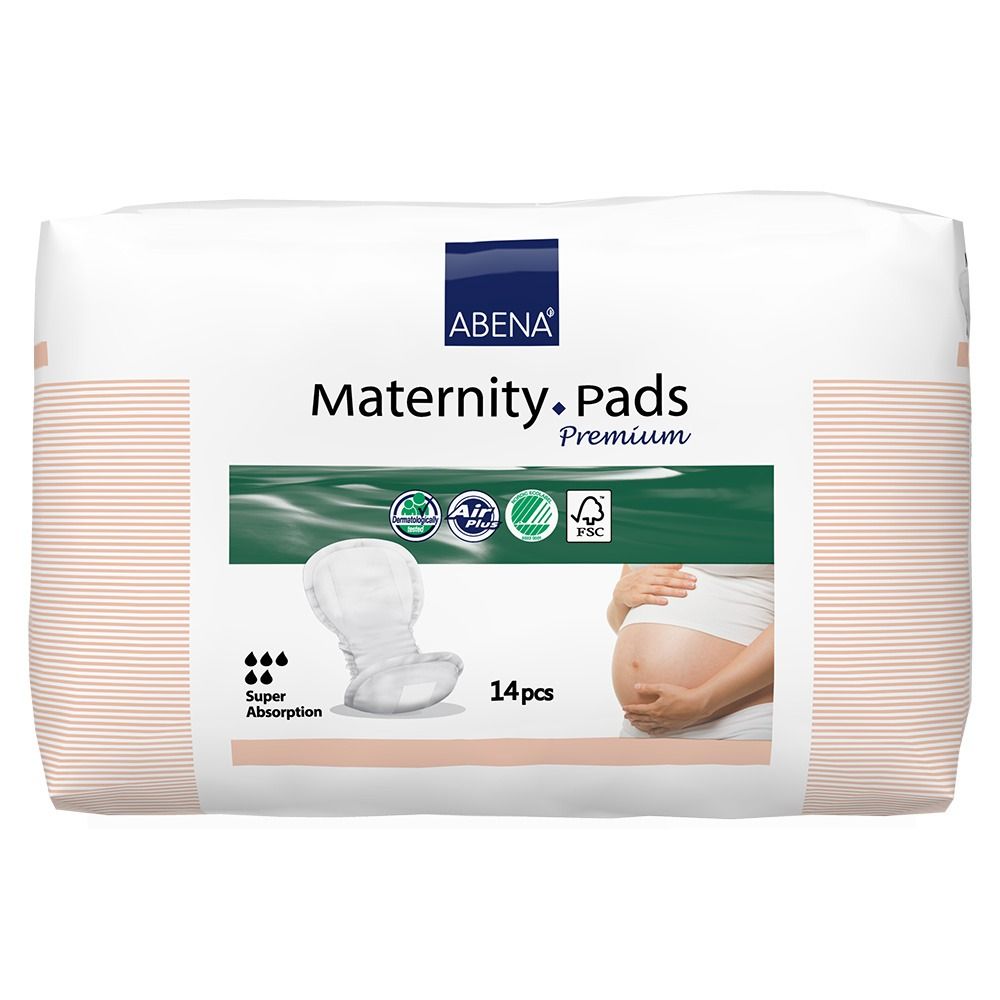Postnatal Incontinence
The most common reason for urinary incontinence during or after pregnancy is weak pelvic floor muscles. These are the muscles that support your uterus and help to control your bladder and also your bowel. Whilst going through your pregnancy these muscles will relax to prepare your body for labour, but this is not always temporary and so they may remain weaker after birth. Another reason for weakening pelvic floor muscles is having the weight of your baby on top of them. If these problems arise for you after childbirth - don't be embarrassed! It is said that in this period a third of women suffer with urinary incontinence, so you are definitely not alone.
So what can you do to deal with this? Well, pelvic floor exercises are key to helping strengthen those muscles. Be careful with how you do these, as your body may not be up to them just yet, so begin them when you feel comfortable. If you had stitches after the birth, begin very light and don't put too much strain on yourself too quickly. Building up these exercises will help to regain the strength in your pelvic floor muscles and can even be done before or during a pregnancy to help your body prepare. This will lower the risk of you experiencing incontinence after birth.
Keeping up a healthy lifestyle will also help your experience too, things like caffeine and spicy or acidic foods should be cut down. Don't fall into the idea that if you don't drink any fluids then you won't need to go to the toilet - not getting enough fluids will actually make the situation worse as it reduces your bladder capacity. Last of all is smoking, if you are a smoker then you should quit - not only will this help your bladder but your overall health in general.
Which products do we recommend?





















